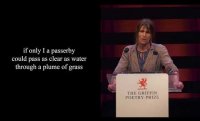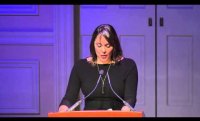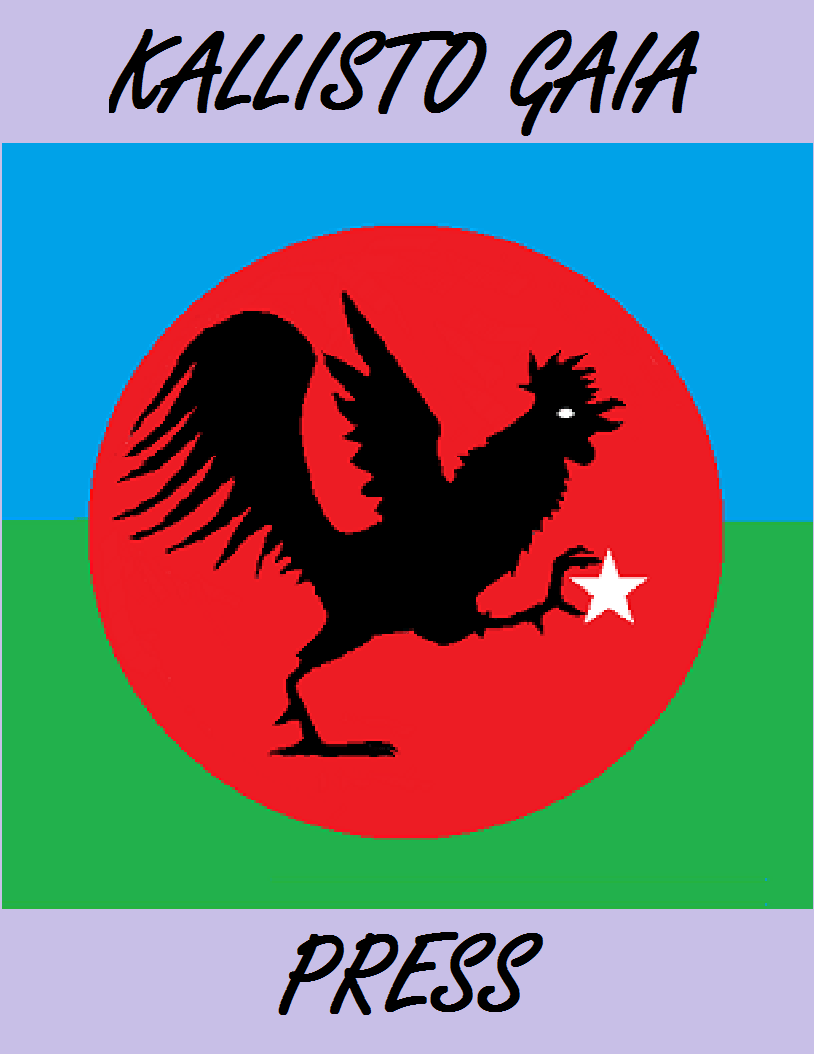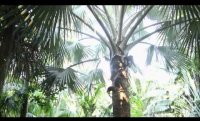This week I took time to catch up on the VS podcast, a biweekly series hosted by poets Danez Smith and Franny Choi, presented by the Poetry Foundation and Postloudness. Smith and Choi have interviewed a number of my favorite writers and their November 10 episode featured Detroit writer Nandi Comer.
Comer’s poems and essays have appeared or are forthcoming in Callaloo, Crab Orchard Review, the Journal of Pan African Studies, Sycamore Review and Third Coast. She is the author of American Family: A Syndrome (Finishing Line Press, 2018) and, most recently, Tapping Out (Northwestern University Press, 2020).
Comer opens the podcast by reading her poem “¡Sangre! ¡Sangre! ¡Sangre!” that puts the reader in the crowd of a wrestling match—the sport of lucha libre being a main subject in Tapping Out. Readers get a snippet, not only of the blood and bruises, but the grace and dance of a brutal sport craved by the author and the crowds that watch these matches. “The first match. I couldn’t have expected the kind of joy just out of that experience,” says Comer, speaking about the first time she attended a live lucha libre match. “A lot of it has to do with that experience of being at that call and response, watching the wrestlers come down the ramp.”
In my favorite portion of this VS episode, when diving into the language of Comer’s collection, Smith asks a fantastic question harping on its bilingual nature: “Is there anything that you learned from Spanish language or Spanish poetry that you sort of found yourself trying to import into the English of this book?” Comer speaks frankly about how she failed a Spanish class, and how the traditional sense of learning a language doesn’t work for everyone. She further explains how she used “imports” from the Spanish language in her book: “I think I was trying to enact moments of utterances that are seamless to me,” says Comer. “Oftentimes I’m not trying to invent another language, but…it’s like when you have two decks of cards and you’re trying to get the right shuffle.”
I thoroughly enjoyed this podcast interview and reading with Comer and highly encourage everyone to listen to this episode and others!
Justin Rogers is the literary outreach coordinator for Poets & Writers in Detroit. Contact him at Detroit@pw.org or on Twitter, @Detroitpworg.










